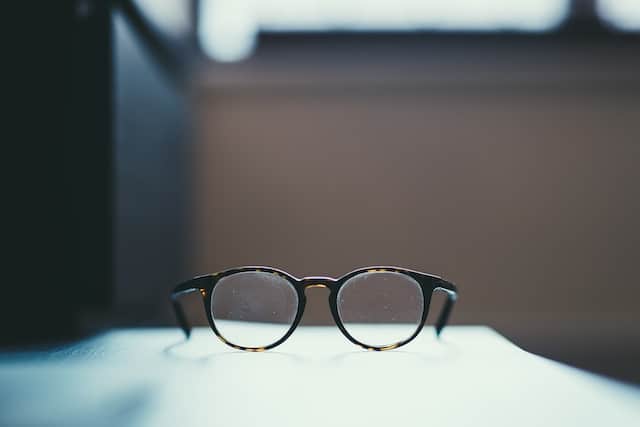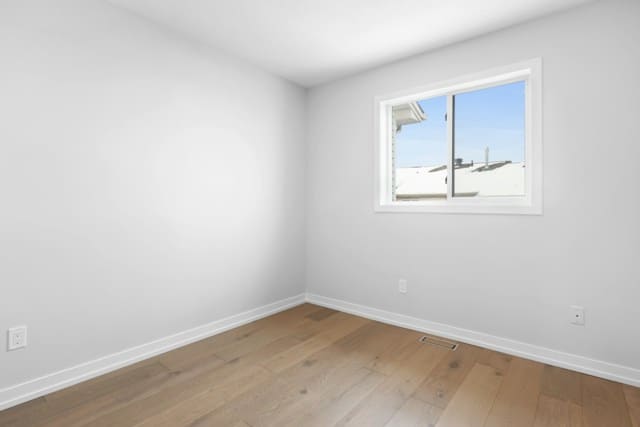Prescription glasses are not just a tool to enhance our vision; they are also an accessory that adds to our style. However, maintaining their clarity and cleanliness can be a challenge without the right knowledge. In this article, we will explore the best ways to clean prescription glasses, ensuring not only a crystal-clear view but also an extended lifespan for your eyewear.
Introduction
Prescription glasses play a vital role in our daily lives, aiding us in seeing the world more clearly. But to truly enjoy the benefits they offer, it’s crucial to keep them clean. Dirty glasses not only obstruct our vision but can also lead to scratches and other damages over time. Let’s delve into the world of proper eyewear maintenance and discover the best practices for cleaning prescription glasses.
Common Mistakes in Cleaning Glasses
Using the Wrong Cleaning Materials
One of the most common mistakes people make is using the wrong cleaning materials. Harsh chemicals or rough fabrics can damage the lenses and coatings, affecting both the appearance and functionality of your glasses.
Neglecting the Frame
While the lenses are the primary focus, neglecting the frame is a mistake. Dirt and grime can accumulate in the nooks and crannies of the frame, affecting the overall hygiene and aesthetics of your eyewear.
Ignoring Manufacturer Guidelines
Every pair of glasses comes with manufacturer guidelines for cleaning and maintenance. Ignoring these guidelines may lead to unintentional damage. Always refer to the manual for specific instructions.
Step-by-Step Guide to Properly Clean Prescription Glasses
Rinse with Lukewarm Water
Before reaching for a cleaning solution, rinse your glasses with lukewarm water. This helps remove loose particles and prepares the surface for a more thorough cleaning.
Use a Mild Soap
Choose a mild soap or dishwashing liquid to clean your glasses. Avoid using strong chemicals, as they can damage the coatings on the lenses. Apply the soap gently and evenly.
Gently Wipe with a Microfiber Cloth
The best way to dry your glasses is by using a microfiber cloth. Avoid paper towels or rough fabrics, as they can cause scratches. Gently wipe the lenses and frame until they are completely dry.
Pay Attention to Nooks and Crannies
Don’t forget to clean the small and often neglected areas, such as the nose pads and hinges. A soft-bristled brush can be useful for reaching these spots without causing damage.
Avoiding Scratches and Damage
Proper Storage Techniques
How you store your glasses matters. Always place them in a protective case when not in use to prevent scratches and accidental damage.
Handling Glasses with Care
Handle your glasses with clean hands, and use both hands when putting them on or taking them off. This reduces the risk of smudges and fingerprints.
Regular Maintenance
Routine maintenance is key to preserving the quality of your glasses. Regularly inspect them for any signs of wear, and address issues promptly to prevent further damage.
DIY Cleaning Solutions
Vinegar and Water Mix
A simple solution of vinegar and water can effectively remove stubborn stains. Mix equal parts of white vinegar and water, apply with a soft cloth, and wipe your glasses clean.
Rubbing Alcohol for Stubborn Stains
For more stubborn stains, rubbing alcohol can be a lifesaver. Apply a small amount to a microfiber cloth and gently rub the stained areas.
Baking Soda Paste for Deep Cleaning
Create a paste using baking soda and water for a deep clean. Be cautious with this method, as it can be abrasive. Use it sparingly and rinse thoroughly.
Cleaning Mistakes to Avoid
Using Abrasive Materials
Avoid using abrasive materials like tissues or the edge of your shirt to clean your glasses. These can cause scratches and compromise the integrity of the lenses.
Cleaning When Lenses are Dry
Cleaning dry lenses increases the risk of scratching. Always rinse your glasses with water first, even if it’s just a quick rinse, to remove any loose particles.
Exposing Glasses to High Heat
High temperatures can damage the coatings on your lenses. Avoid leaving your glasses in hot environments, such as inside a car on a sunny day.
Special Considerations for Coated Lenses
Anti-Reflective Coatings
If your glasses have an anti-reflective coating, take extra care during cleaning. Use a mild soap and avoid abrasive materials to preserve the coating’s effectiveness.
UV Protection Coatings
UV protection coatings are essential for eye health. Clean these lenses with a gentle touch to ensure the longevity of the UV protection feature.
Tips for Cleaning on the Go
Portable Cleaning Kits
Invest in a portable cleaning kit that includes a small spray bottle and a microfiber cloth. This ensures you can clean your glasses anytime, anywhere.
Carrying a Microfiber Cloth
A microfiber cloth is a handy tool for on-the-go cleaning. Keep one in your pocket or purse to quickly wipe away smudges and maintain clear vision.
Addressing Specific Types of Stains
Grease and Oil Stains
Grease and oil stains are common on glasses. Use a mild soap or dishwashing liquid to cut through the grease, followed by a thorough rinse.
Water Stains
Water stains can be frustrating. Wipe your glasses with a microfiber cloth after exposure to water, and avoid letting water sit on the lenses.
Fingerprints and Smudges
Fingerprints and smudges are inevitable. Regularly clean your glasses to maintain a clear view and presentable appearance.
Importance of Regular Eye Check-ups
Impact of Clean Glasses on Eye Health
Clean glasses are essential for optimal eye health. Regularly cleaned lenses ensure that you are seeing the world with clarity, reducing eye strain and fatigue.
Recognizing When to Replace Lenses
Even with proper cleaning, lenses can wear over time. Recognize signs of wear, such as scratches or reduced clarity, and consider replacing lenses when needed.
Environmental Factors Affecting Glasses
Pollution and Dust
Living in polluted areas exposes your glasses to dirt and dust. Clean them regularly to prevent these particles from causing scratches.
Humidity and Moisture
High humidity can lead to moisture buildup on your glasses. Wipe them dry with a microfiber cloth to prevent water stains.
Cleaning Glasses for Kids
Teaching Children Proper Cleaning Habits
Instill good habits in children by teaching them how to clean their glasses properly. Use kid-friendly cleaning solutions and emphasize the importance of gentle handling.
Durable Frame Options
Opt for durable frame options for kids, considering their active lifestyle. This ensures that the glasses can withstand rough handling and cleaning.
Pros and Cons of Commercial Cleaning Solutions
Convenience vs. Cost
Commercial cleaning solutions offer convenience but can be costly. Evaluate whether the convenience outweighs the cost for your specific needs.
Effectiveness and Safety
Consider the effectiveness and safety of commercial cleaning solutions. Read reviews and choose products that are known for both cleaning power and lens safety.
Reviews on Popular Cleaning Products
Consumer Preferences
Explore what consumers prefer in cleaning products for glasses. Reviews can provide insights into the effectiveness, scent, and overall user experience.
Notable Brands in the Market
Identify notable brands in the market that consistently receive positive reviews. Trusted brands often indicate reliable and effective cleaning solutions.
Conclusion
In conclusion, the best way to clean prescription glasses involves a combination of proper techniques, suitable cleaning materials, and regular maintenance. By following these guidelines, you not only ensure a clear vision but also prolong the lifespan of your eyewear. Remember, clean glasses contribute not only to better vision but also to the overall health of your eyes.
FAQs
- How often should I clean my prescription glasses? Clean your glasses daily to prevent the buildup of dirt and oils that can affect clarity.
- Can I use regular household cleaners on my glasses? It’s best to avoid regular household cleaners, as they can contain harsh chemicals that may damage your glasses.
- What should I do if my glasses have deep scratches? Deep scratches may require professional repair. Consult with an optician for the best course of action.
- Are there specific cleaning methods for progressive lenses? Progressive lenses may have specific cleaning requirements. Refer to the manufacturer’s guidelines for the best practices.
- Can I clean my glasses with hot water? It’s advisable to use lukewarm water instead of hot water, as excessive heat can damage lens coatings.





